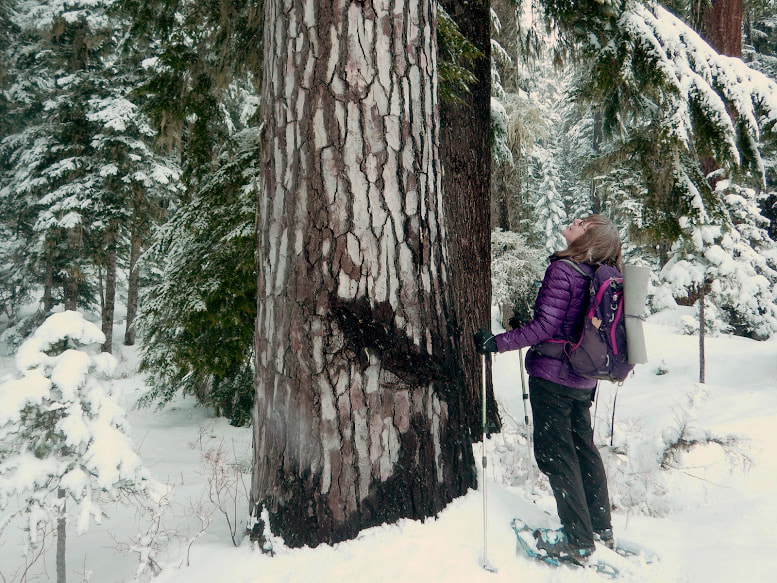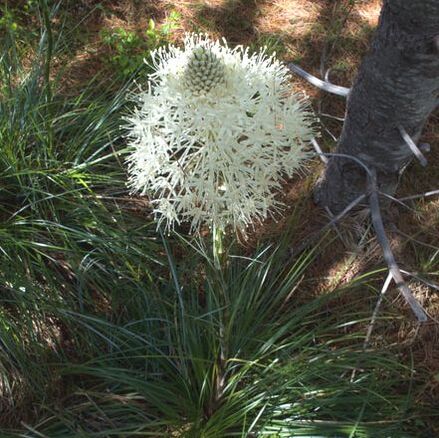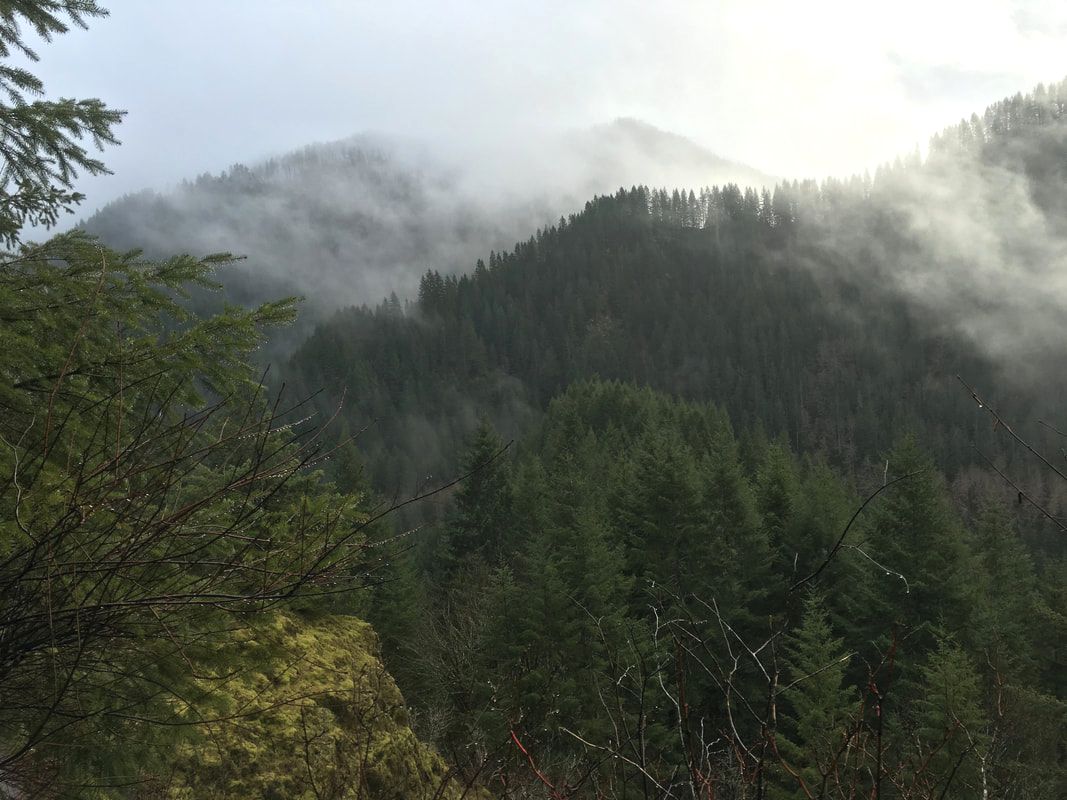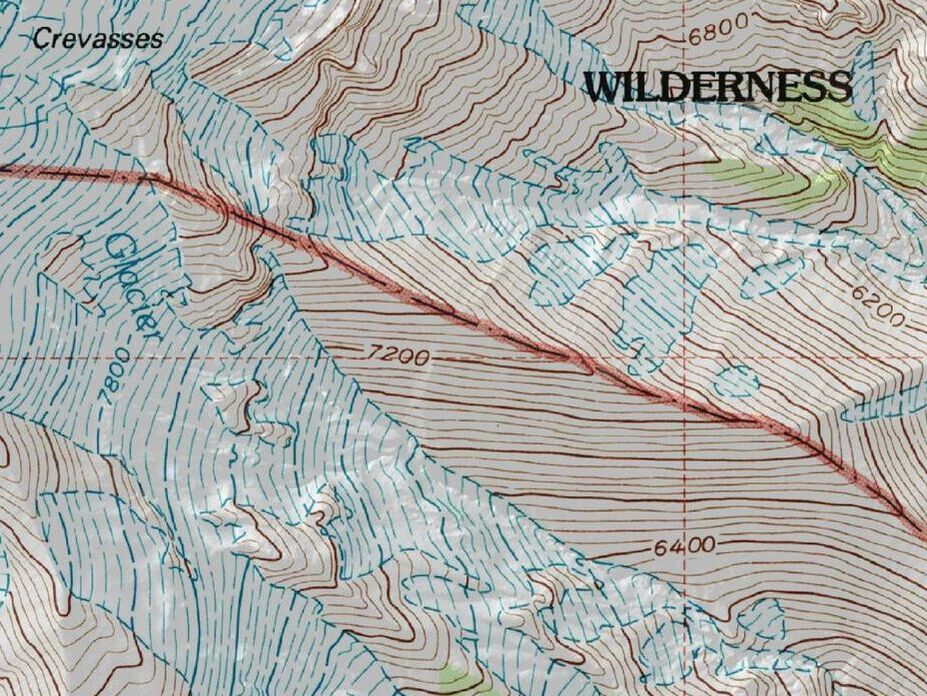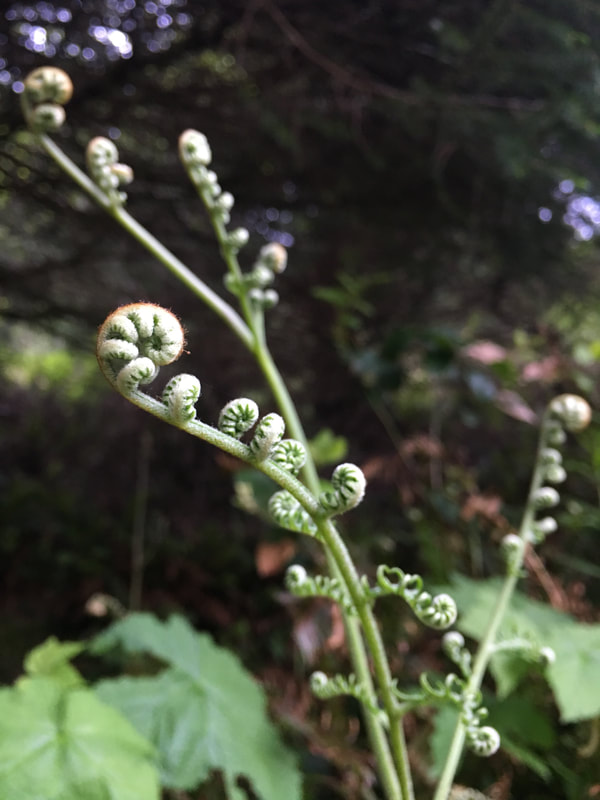Naturalist Training Program:
Reading the landscape
Naturalist Training Program, 2024
April - November
One Saturday each month
Meets at various field locations within 1.5 hours of Portland.
-schedule and locations listed at the bottom of this page-
April - November
One Saturday each month
Meets at various field locations within 1.5 hours of Portland.
-schedule and locations listed at the bottom of this page-
The Naturalist Training Program is a series of 8 classes, running spring through fall, designed to give you a wide variety of skills to make you feel at home in the natural world.
The program is designed to develop your skills in wildlife tracking, botany, ecology, navigation and map reading, wilderness survival skills, and reading the landscape. We want to get you outside, looking at the landscape, learning how to interpret what you see, and - most importantly - developing a sense of belonging in nature.
|
topics covered
|
TRACKING AND WILDLIFE
|
|
BOTANY
|
|
ECOLOGY - THE BIG PICTURE
|
Program schedule
While each class emphasizes a different topic, class discussions will cover a wide range of subjects each day. Which animals and plants show themselves also helps determine the content of each day's lesson. Classes build on each other, covering more advanced topics as the season progresses.
|
program cost
Cost is $560 for the series.
Current Cascadia Wild volunteers: cost for the series is $450. When registering, use the promo code CaWVolunteer20percentoff
Current Cascadia Wild volunteers: cost for the series is $450. When registering, use the promo code CaWVolunteer20percentoff
Refund policy: Refunds available up to 1 month before the first class. Sorry, no refunds after the class begins.

